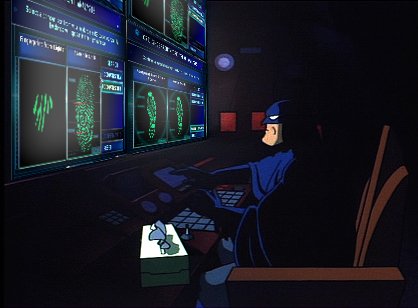DrCosmic
Professor of Power
- Joined
- Jun 17, 2011
- Messages
- 8,743
- Reaction score
- 49
- Points
- 33
I'm not familiar with this phrase "tough to throw a light to" but I don't see anything about magic there.
I thought the point was that it doesn't have such a definition. If you can define it, it's not "real" magic, it's just science that ignorant people call magic.
I'm still waiting for a rigorous definition of "magic", myself. . .
I thought the point was that it doesn't have such a definition. If you can define it, it's not "real" magic, it's just science that ignorant people call magic.



